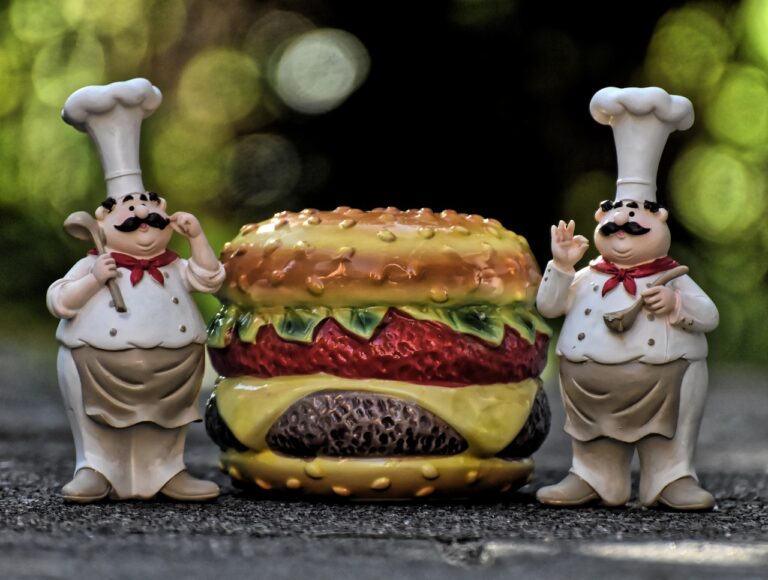Reality TV and the Cult of Celebrity: Fame in the Digital Age
sky247 login, diamondexch9.com, tiger exchange: Reality TV and the Cult of Celebrity: Fame in the Digital Age
In the digital era, reality TV has become a dominant force in popular culture, shaping our perceptions of fame and celebrity. Shows like Keeping Up with the Kardashians, The Bachelor, and Real Housewives have propelled ordinary people into household names, blurring the lines between reality and entertainment. In this article, we explore the phenomenon of reality TV and its impact on the cult of celebrity in the digital age.
The Rise of Reality TV
Reality TV first gained popularity in the early 2000s with shows like Survivor and Big Brother. These programs offered viewers a glimpse into the lives of everyday people as they competed in various challenges and tasks. Over the years, reality TV has evolved to include a wide range of genres, from cooking competitions to dating shows to docuseries following the lives of celebrities.
One of the appeal of reality TV is its ability to provide a sense of authenticity and immediacy. Unlike scripted television shows, reality TV offers a raw and unfiltered look into the lives of its participants. This authenticity has resonated with audiences, leading to the massive success of shows like The Real Housewives franchise and Jersey Shore.
The Cult of Celebrity
In the world of reality TV, fame is often equated with success. Contestants who appear on these shows often become overnight sensations, gaining millions of followers on social media and lucrative endorsement deals. The allure of fame and fortune has led many aspiring reality stars to pursue a career in the entertainment industry, hoping to capitalize on their newfound celebrity status.
However, the cult of celebrity comes with its own set of challenges. The constant scrutiny and pressure to maintain a certain image can take a toll on the mental health of reality stars. Many contestants have spoken out about the negative impact of fame, citing issues with anxiety, depression, and body image.
Fame in the Digital Age
In today’s digital age, social media plays a crucial role in shaping the narrative of celebrity. Reality stars are able to connect directly with their fans, sharing personal updates and behind-the-scenes moments in real-time. Platforms like Instagram, Twitter, and TikTok have become essential tools for building and maintaining a fan base.
However, the rise of social media has also made it easier for celebrities to fall from grace. One wrong tweet or controversial post can quickly spiral out of control, leading to public backlash and damage to one’s reputation. The pressure to constantly curate a perfect online persona has led many celebrities to struggle with authenticity and staying true to themselves.
FAQs
Q: Are reality TV shows scripted?
A: While reality TV shows are unscripted, producers often manipulate situations and storylines to create drama and conflict.
Q: Do reality stars get paid?
A: Yes, reality stars are typically compensated for their appearances on TV shows, with top earners making substantial amounts through endorsements and sponsorships.
Q: What is the future of reality TV?
A: The future of reality TV is constantly evolving, with new trends and formats emerging to capture the attention of audiences in the digital age.
In conclusion, reality TV and the cult of celebrity have become intertwined in the digital age, shaping our perception of fame and success. While these shows offer a glimpse into the lives of everyday people, the pressure to maintain a certain image and reputation can take a toll on the mental health of contestants. As we navigate the ever-changing landscape of reality TV, it is important to remember the human side of fame and celebrity in the digital age.







